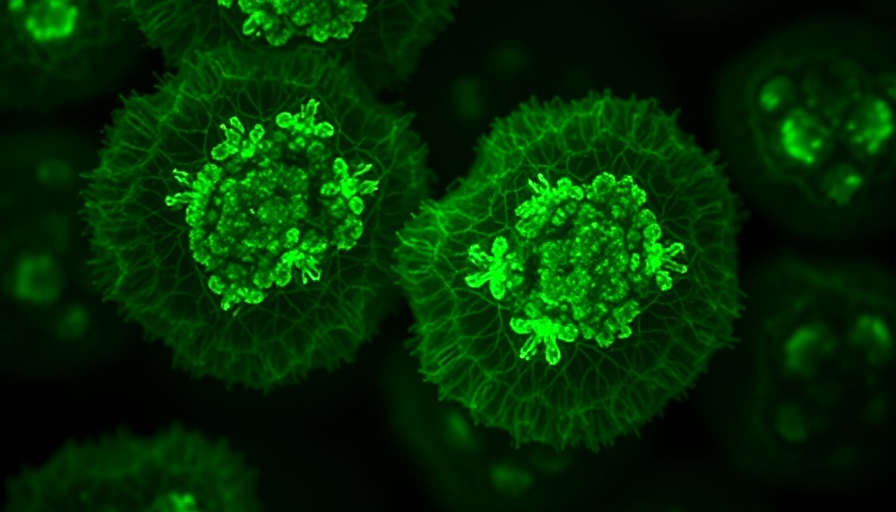
Unlocking Cellular Navigation: How AI Is Transforming Protein Understanding
In a groundbreaking development, researchers from the Massachusetts Institute of Technology (MIT) have created a machine-learning model named ProtGPS that revolutionizes our understanding of protein localization within cells. This new AI technology holds significant promise for fields such as molecular biology and therapeutic drug design, providing insights that were previously unattainable.
What Is ProtGPS?
ProtGPS operates by analyzing the amino acid sequences of proteins, accurately predicting which of twelve cellular compartments they will occupy. From the nucleus to mitochondria, this AI model detects not just the potential destinations of proteins, but also how mutations in their sequences can lead to mislocalization — a crucial factor in diseases such as cancer and neurodegenerative disorders.
The Implications for Disease Understanding
The insights gathered through ProtGPS may allow scientists to uncover the mechanisms behind various genetic disorders. By understanding why certain mutations lead to mislocalization, researchers can forge new pathways in drug development that target these root causes, rather than merely addressing symptoms. This model extends the capabilities of existing AI tools like AlphaFold, which predicts protein structure, by adding a new dimension — understanding movement and functionality within the cellular architecture.
Future Outlook: Enhancing Synthetic Biology
Beyond prediction, the researchers are enthusiastic about ProtGPS’s capabilities for designing novel proteins. By generating new sequences that ensure targeted localization, the AI can potentially streamline the development of more effective therapeutics. This groundbreaking work highlights the burgeoning relationship between artificial intelligence and biology, suggesting that we are on the cusp of entirely new strategies for tackling diseases and advancing healthcare.
As the demands of molecular biology evolve, the role of AI in deciphering complex biological codes becomes increasingly pivotal. The development of tools like ProtGPS heralds a future where protein behavior and localization can be assessed with unprecedented accuracy, ultimately contributing to the advancement of personalized medicine and innovative therapeutic solutions.
 Add Row
Add Row  Add
Add 
 Add Element
Add Element 


Write A Comment